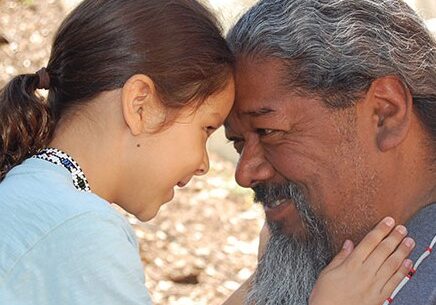“My baby isn’t old enough to walk. How could she learn to swim?” When your baby isn’t old enough to walk, it may seem strange to take them to the pool. But for babies, there are many benefits to splashing around and gliding through the water with a parent. “Just like walking, skill development is cumulative,” says Haley Clark, owner of Water Sprites Swim School in Chico. “Rolling over doesn’t look like walking, but it is a crucial first step. Submersions and floating don’t look like swimming, but they are a crucial first step. Spending time in an aquatic environment helps babies to put together all the pieces, so that when they are physically mature enough, they can.”
Babies who are introduced to the pool as young as two months can, overtime, experience an increase in cognitive abilities, self-confidence and muscle strength and coordination and a decreased fear of swimming. I took both my boys to baby swim class when they were only a few months old. They loved it, it was a wonderful bonding time for us and they grew to become confident swimmers.
“Children who get introduced to the water at a very young age are more comfortable overall in swim lessons than children whose parents wait,” says Margaret Natina, swim instructor and owner of Swim Foundations in Redding. “Children who are comfortable in the water have an advantage in swim lessons because their nervous systems are calm and they can focus fully on learning and not being fearful of the environment. In my experience, babies who get to enjoy the water from an early age have a joyful bond with water all the way through their adulthood!”
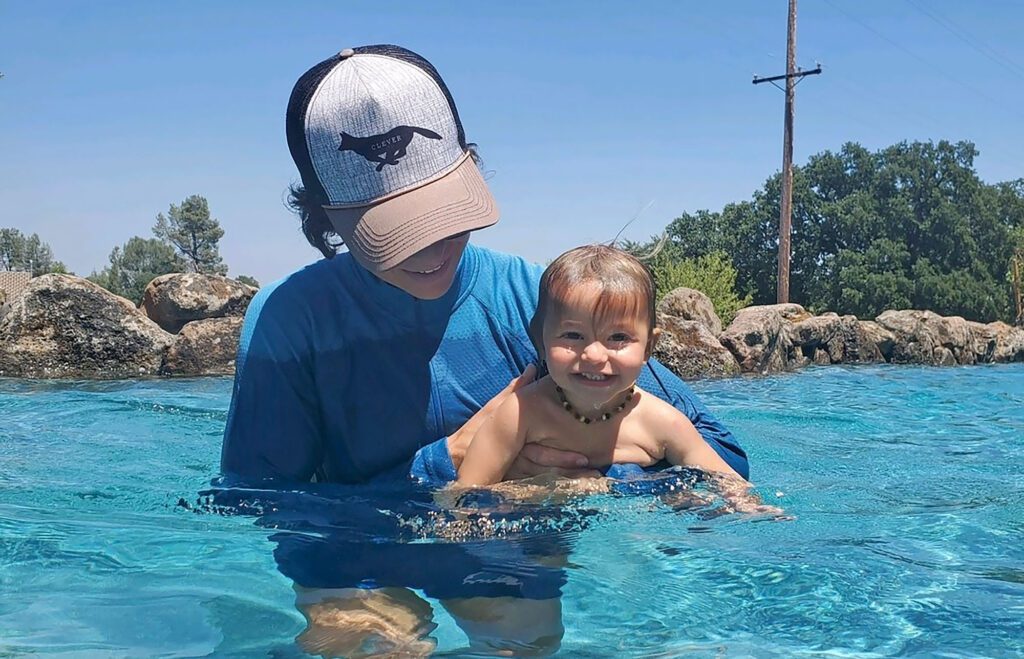
Splashing in the pool helps babies develop their brain, strengthen their muscles, lungs and heart and improve coordination. Photo provided by Swim Foundations
Swimming increases brain development
Numerous studies have shown that teaching your infant to swim can help their brain grow. According the Healthline, a researched-based online health journal, being in the water engages your baby’s body in a unique way, creating billions of new neurons as your baby kicks, glides and smacks at the water. Down the road, this may improve reading skills, language development, academic learning and spatial awareness.
Swim babies gain strength, muscle coordination
Babies need to develop muscles to hold up their heads and to be able to coordinate and consciously control the movement of their arms and legs. Time in the pool, as your baby learns the difficult task of moving those little arms and legs together, can accelerate muscle development and coordination. According to Swimming.org, not only does swim time for babies improve their muscle strength and ability, it provides internal benefits by getting babies’ joints moving. Swimming is also great for cardiovascular health and will help strengthen your little one’s heart, lungs, brain and blood vessels.
Swimming improves babies’ behavior, boosts self-esteem
A 2010 study led by H. Sigmundsson, department of psychology, Norwegian University of Science and Technology, suggested 4-year-old children who had taken swim lessons at some time between the age of two months and four years were better adapted to new situations, had more self-confidence and were more independent than non-swimmers.
Many infant swim classes include water play, songs and skin-to-skin contact with parents. Babies learn to interact with the instructor and the swim group. Add to that the fun of learning a new skill and all these elements may boost your baby’s self-esteem.
In a long-term study in which children who were exposed to swimming after their second month of life were compared with others who were introduced to swimming only in their 28th month, found that a program that included early, year-round swimming lessons for preschool-age participants was associated with greater self-control, a stronger desire to succeed, better self-esteem and more comfort in social situations than non-swimmers.
By becoming immersed in the social setting, children learn valuable skills like conflict resolution and empathy as they navigate relationships with other children, says Olympic Gold Medalist and children’s swim coach, Lenny Krayzelburg. They also learn how to observe boundaries as they see their actions don’t occur in a vacuum but rather affect others in the class. This understanding of boundaries and how to interact in groups can lead to improvements in behavior.

Children who get to enjoy the water from an early age have a joyful bond with water, become good swimmers and develop social, emotional and physical skills. Photo provided by Swim Foundations.
Swim safety first
Younger children are usually less resistant to floating on their backs, a skill that even some babies can learn. However, this does not mean babies and young children should ever be left unwatched or unattended around water. It’s important to keep in mind that a child can drown in even just one inch of water.
According to the American Academy of Pediatrics (AAP), drowning is a leading cause of death among children and toddlers. Most of these drownings in children under four years old occur in home swimming pools. If you have a pool, early swim lessons may be helpful. Even if your child has had swim lessons, they should still be supervised at all times while in the water.
Swim Foundations’ Margaret Natina says, “Especially in this area where there are so many bodies of natural water, it is important to have your children create a healthy respect and understanding of the water, for their own safety and that of others. I always recommend not just learning to be water safe by jumping in, taking a breath and getting to the side of a pool, but also building endurance in swimming, meaning swimming for long periods of time so that one is safe in all sorts of water.”
For children under four years of age, it’s best to do “touch supervision.” That means that an adult should be close enough to touch them at all times. Be aware that babies can chill easily, so consider the temperature of the pool.
Swim baby bonding
The very best benefit of swimming with your baby is the wonderful parent-child bonding experience it provides. Leaving the hectic, fast-paced world behind and slowing down to enjoy an experience together is rare and precious. It brings us into the present moment while teaching your baby important skills that will serve them for a lifetime.
North State parents and caregivers can enjoy these beautiful bonding experiences at Shasta Family YMCA and Swim Foundations in Redding and Water Sprites in Chico.
Posted in: Birth and Toddlers, Parenting
Comment Policy: All viewpoints are welcome, but comments should remain relevant. Personal attacks, profanity, and aggressive behavior are not allowed. No spam, advertising, or promoting of products/services. Please, only use your real name and limit the amount of links submitted in your comment.
You Might Also Like...
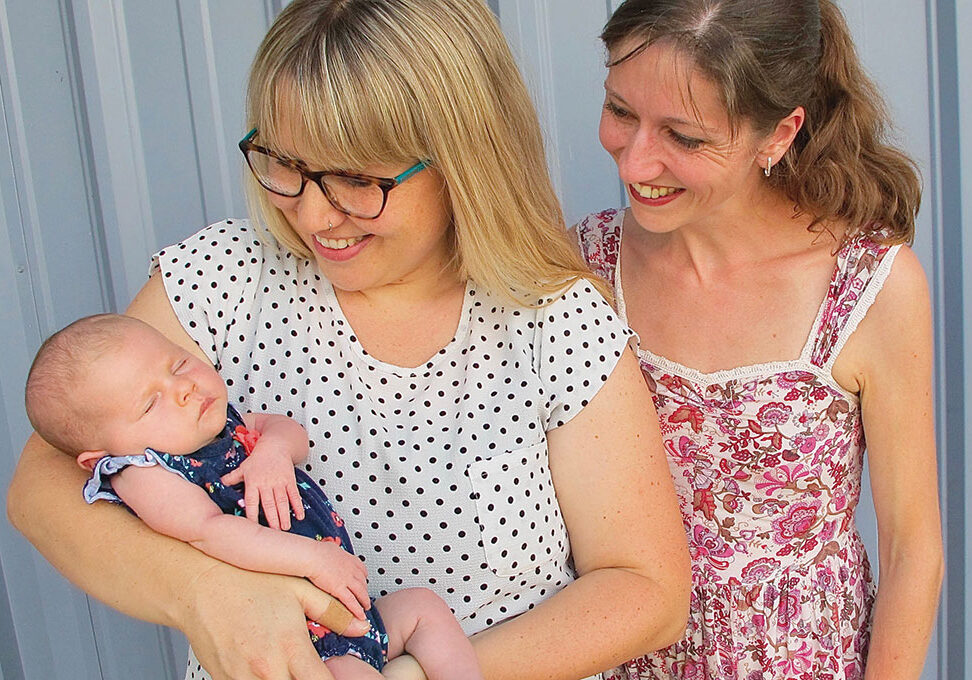
5 Secrets To Having The Labor You Want
5 Secrets To Having The Labor You Want Take a breath and consider this: 25 to 34 percent of women report having traumatic birth experiences. For many more, giving birth […]
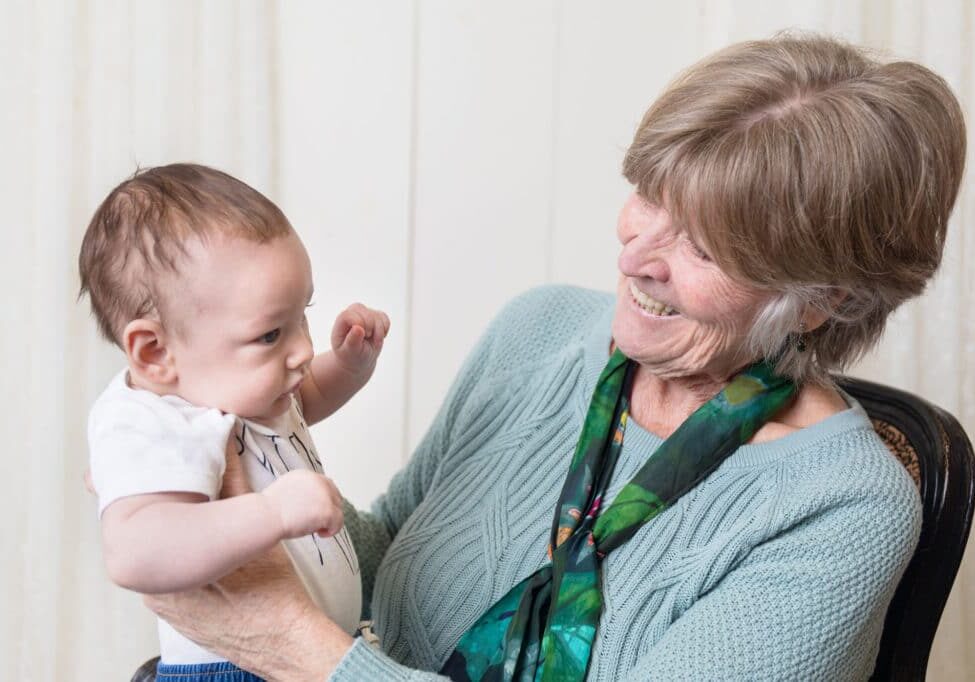
Helping Moms On The Breastfeeding Journey
Debbie Pierce became a lactation consultant before most people knew what a lactation consultant was. After struggling to breastfeed her first baby, Debbie discovered a local branch of La Leche […]
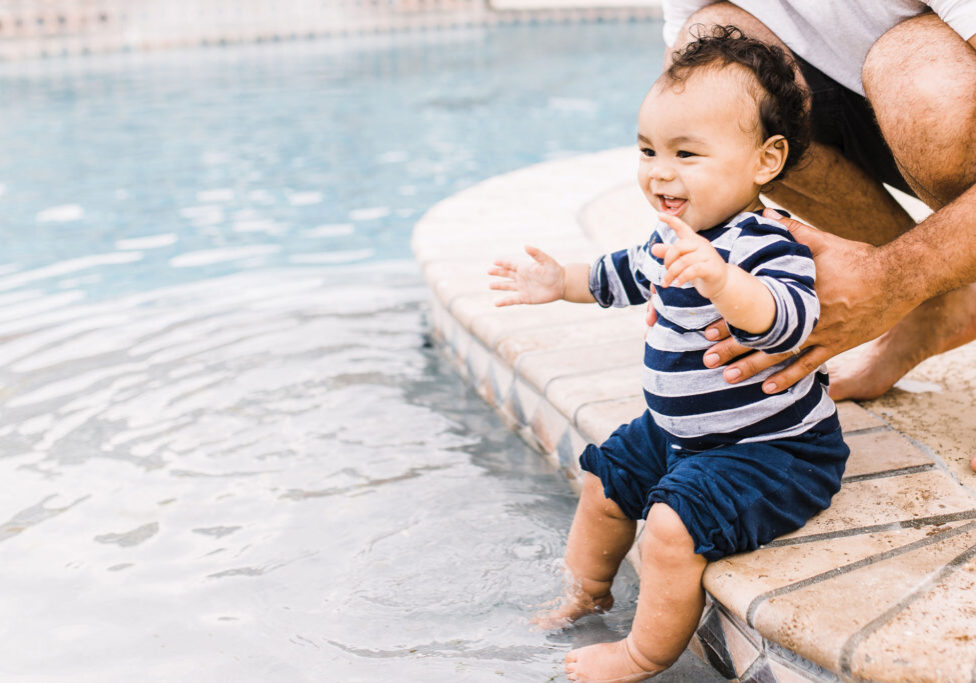
Help Me Grow: Empowering Parents In Supporting Their Child’s Development
Parents play an integral role in their child’s development. From the earliest moments in a child’s life, a parent’s warm, responsive nature spurs early cognitive, social, and behavioral development for […]
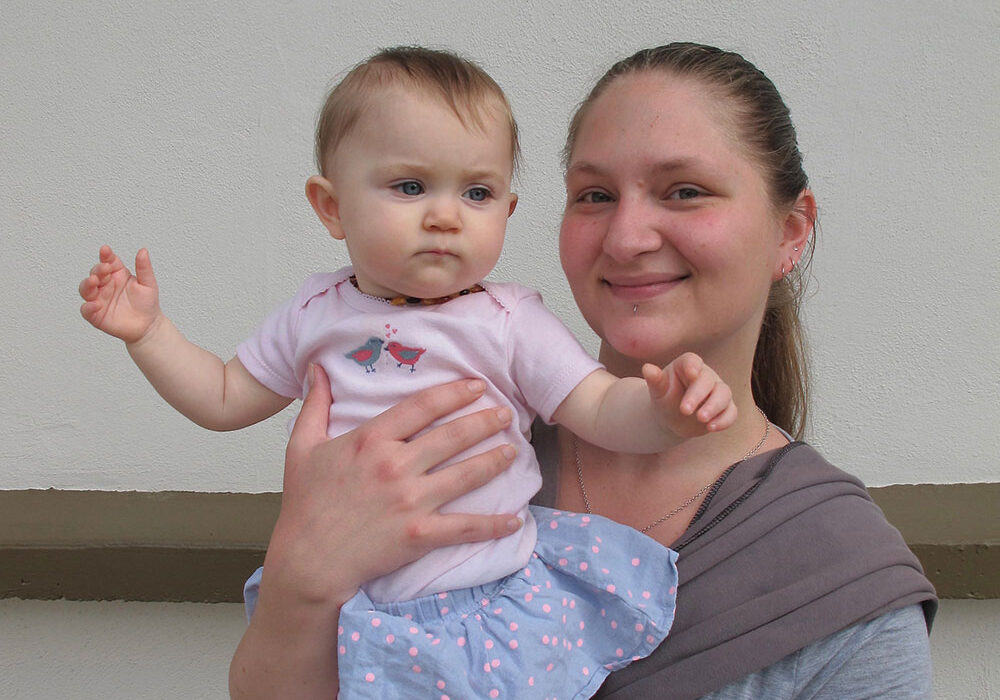
Creating A Birth Plan
A Birth Plan? Why? The birth of a baby is one of the most exciting and important life events that a woman will have. Each birth is unique, just as […]




